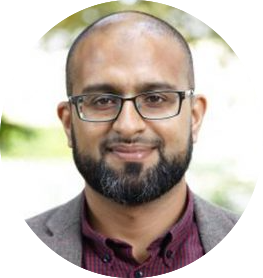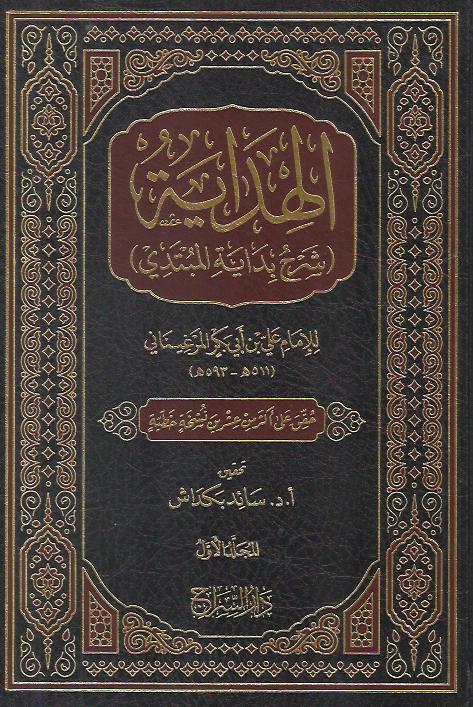This is the second of a multi-part fiqh course dedicated to a careful study of al-Imam al-Marghinani’s renowned work of legal commentary, al-Hidaya. The arguments presented in the Hidaya will be carefully analysed to show how the text really does convey a science of jurisprudence, and how a methodical approach to the text prepares one for the highest levels of legal reasoning.


£299.00
This is the second of a multi-part fiqh course dedicated to a careful study of al-Imam al-Marghinani’s renowned work of legal commentary, al-Hidaya. The arguments presented in the Hidaya will be carefully analysed to show how the text really does convey a science of jurisprudence, and how a methodical approach to the text prepares one for the highest levels of legal reasoning. This part covers the remainder of Kitab al-Salat until the end of Kitab al-Hajj. *RECORDINGS ONLY*
Subsequent parts will cover the remainder of the book. Recordings and resources shall be available on the course homepage and forums. Please note that this course has now ended and registration provides you with access to the recordings and resources.
Bab Salat al-Witr till the end of Kitab al-Salat, Zakat, Fasting and Hajj.